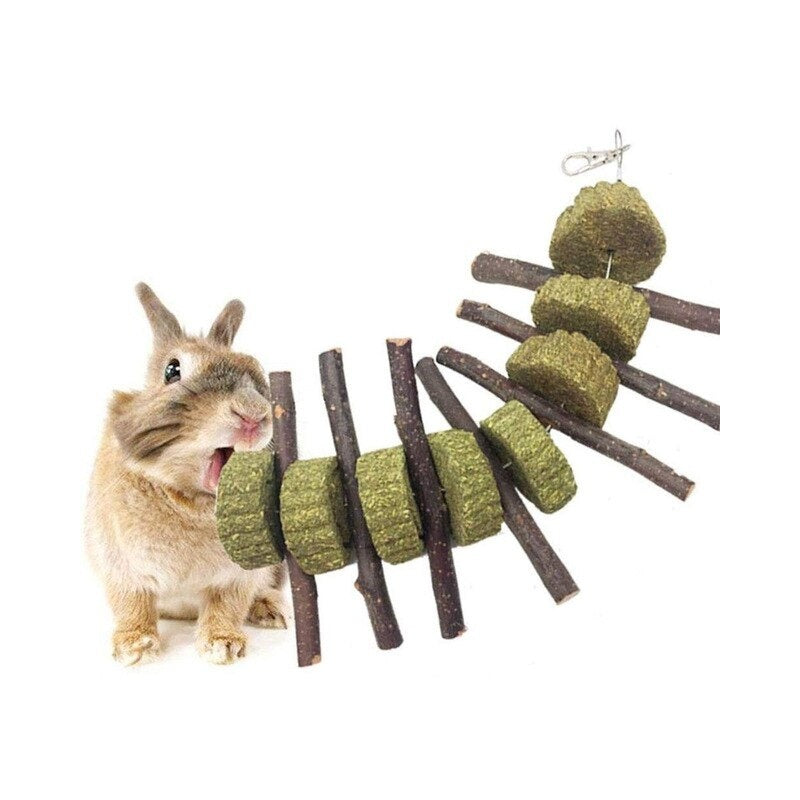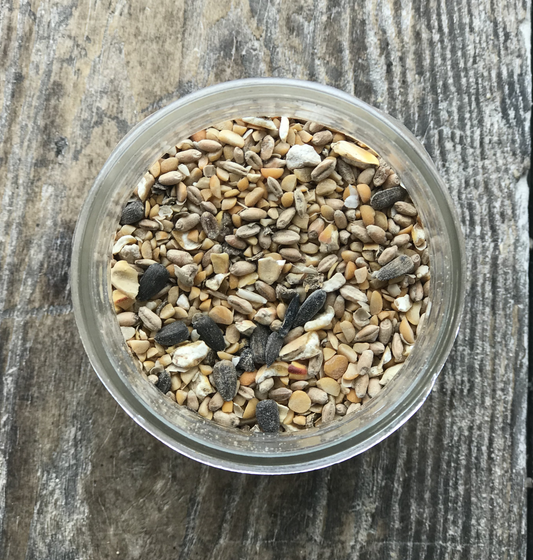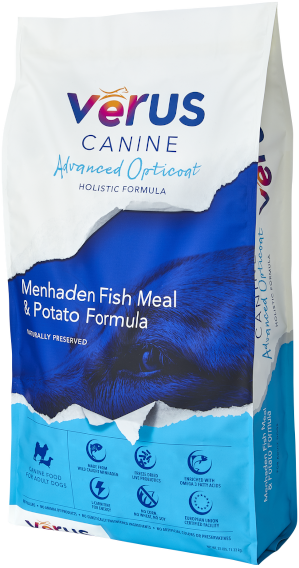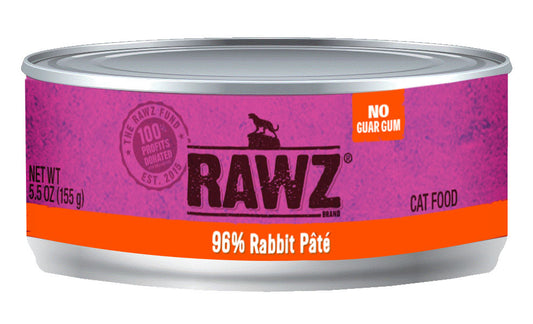When push comes to shove, mental stimulation is what keeps us sane. That is also true for animals of all sizes. Mental stimulation comes from different sources whether that is through nutrition, physical activity, or acting on behaviors of others. Enrichment is improving the quality or value life holds. Environmental enrichment is improving the quality of life for captive animals. This is where small animals fit in.
To fully understand what a small animal needs to stay enriched is as simple as looking at the animal's behavior. Behaviors have a function since these are either instinctual or learned through interacting with the environment. Some normal behaviors include acquiring things of value foraging for food. Another example would be avoiding things that cause harm such as burrowing, hiding, or fight versus flight.
Going along with the behavior to acquire things is associated with nutritional enrichment. Having a variety of hays, pellets, and treats will help to change up the flavors and textures. Instead of placing food in their bowl, try putting it in a different location to encourage some exercise and foraging. Small animals have a mentality called contra freeloading. This behavior is evident when a small animal is offered the choice to forage for food or have food placed in a bowl for them, they will almost always pick the one that requires action - foraging.
Avoiding things that cause harm is a priority for little animals. Providing them with plenty of hiding spots, huts, and a large enclosure can help to keep a safe mentality. Giving toys made for small animals will keep them active and reduce the risk of obesity. Having toys helps to stimulate and enrich their lives mentally since they can push, chew, or forage for treats in the proper toys.









